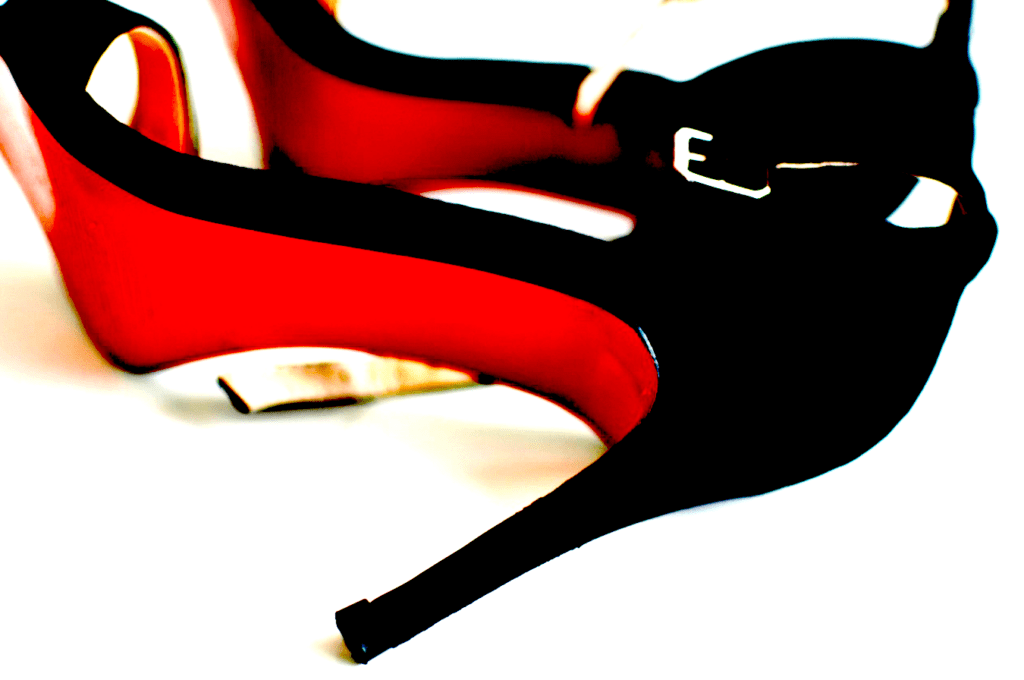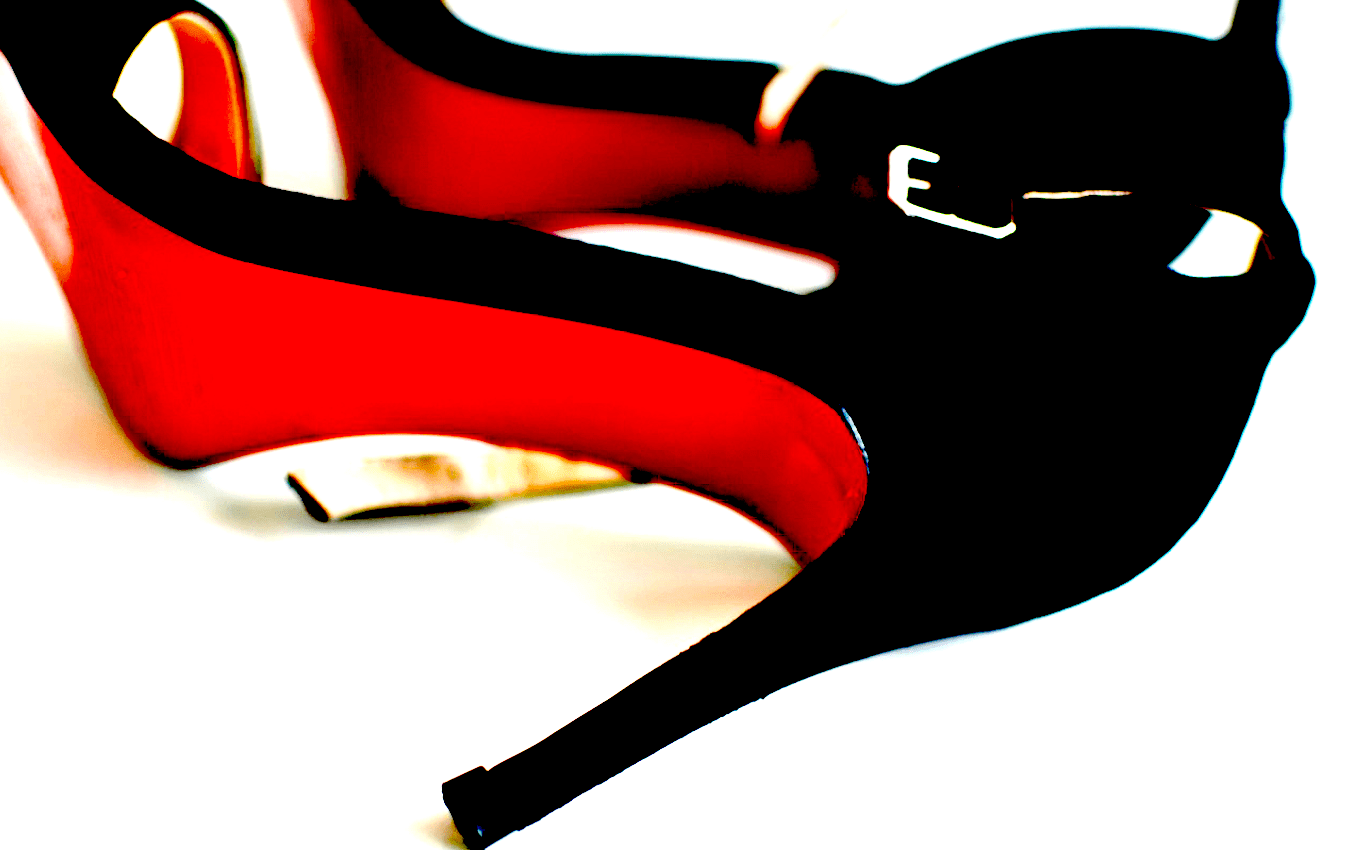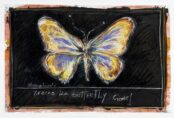In cinema, portrayals of women in sex work often lean towards romanticism or empowerment. Pretty Woman (1990) crafted a modern-day Cinderella story, where a streetwise sex worker finds love and financial security with a wealthy businessman. Meanwhile, MaXXXine (2024) delves into revenge fantasy, depicting a “girlboss” narrative where a woman rises against her circumstances.
In stark contrast, Jeanne Dielman, 23 Quai du Commerce, 1080 Bruxelles (1975), written and directed by Chantal Akerman, provides a radically different depiction, offering a slow, meticulous look at the crushing monotony of domestic and sexual labor.
Akerman’s film is “characterized by the employment of long shots, an emphasis on the everyday and mundane, and understated, sometimes almost absent, storytelling” (Elpidorou and Gibson, 2022:193 ‘Really Boring Art’. Ergo, an Open Access Journal of Philosophy, 8.). Unlike the glamour or empowerment often associated with women in sex work, Jeanne Dielman presents a character that is bound by the oppressive weight of her routine, offering no escape into romance or revenge.
Jeanne, a widow and mother of one, exemplifies a woman for whom survival is ordinary and gradually draining. Through the slow, methodical portrayal of Jeanne’s life as a housewife and sex worker, we become intimately familiar with her daily tasks—polishing shoes, kneading meat, setting the table.
What is so interesting about the main protagonist is that she is living an everyday, mundane life in which literally nothing interesting happens. And at the same time everything happens. She performs all her duties and chores with the same calm rhythm. It doesn’t matter if she is cooking, talking to her son, having sex or selling sex, these activities are always conducted in the same evenly tempered, emotionless manner. Akerman captures the oppressive rhythm of this existence, as each action is granted equal weight. The film’s unhurried pace forces the viewer to reckon with how labor, especially for women, is often invisible, exhausting, and repetitive. In Jeanne’s world, there is no distinction between scrubbing pots and engaging in sex work; all are tasks to be endured, not enjoyed.
While Pretty Woman positions sex work as a gateway to romance and emotional fulfilment, Jeanne Dielman paints a far darker reality. Jeanne’s lack of agency is emphasized through her monotony, pushing her slowly toward a breaking point. This culminates in the film’s shocking final act: after having sex with a client, Jeanne kills him. This eruption of violence feels both sudden and inevitable, a dramatic rebellion against the crushing burden of her life. Unlike the calculated revenge seen in MaXXXine, Jeanne’s act of violence is unplanned—a primal reaction to years of pent-up frustration and powerlessness.
Her orgasm with the client, a final insult to her autonomy, catalyzes her complete unraveling. In Jeanne Dielman, Akerman rejects traditional cinematic narratives of romance and empowerment, offering instead a grim exploration of how women’s lives are often shaped by duty, repetition, and service to others. Jeanne’s act of violence is not a triumph; it’s a devastating act of desperation, rooted in her inability to escape the intersecting roles of mother, widow, and sex worker. The film challenges viewers to confront the ways in which women’s labor—both domestic and sexual—remains undervalued, blending these roles to expose the weight of their cumulative oppression.
Films like Pretty Woman and MaXXXine can be seen as forms of wish fulfillment that provide escapism for female audiences. They therapize the female experience by offering solutions that gloss over the tiresome and draining realities of everyday life, which include the complexities of sex. In Pretty Woman, love and wealth act as cures for a woman’s struggles, while in MaXXXine, vengeance and empowerment
are conflated as real possibilities.

These narratives avoid confronting the emotional and physical exhaustion that stems from the mundane, repetitive nature of women’s labor. However, characters like Maxine in MaXXXine may signal a shift—from a desire for romantic resolution to a more combative attitude gaining traction in popular culture, that fights back against systems of oppression, and one in the case of MaXXXine, that addresses (though ambivalently) how sexualized the female form is.
This shift suggests a growing recognition of female agency, even if it is still rooted in fantasies of aestheticized violence rather than the hard truths of everyday life.
‘Chantal Akerman Travelling’ is at the Jeu de Paume (Paris) until the 9th of January
2025.

India Andrews-Eden is an artist and curator working in print, sculpture and installation, her work explores identity and power dynamics often focusing on the female form and visage.






















